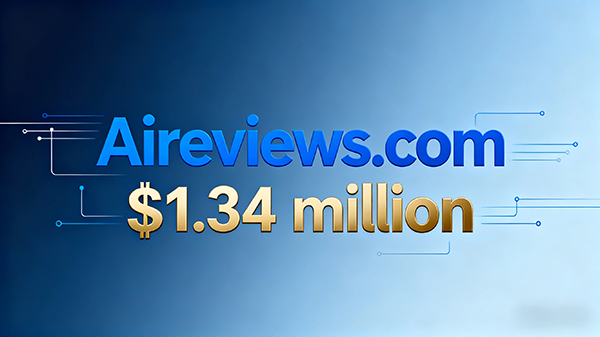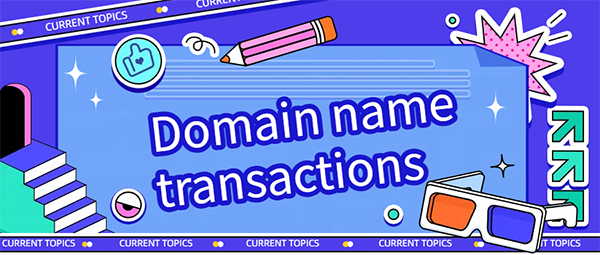
Traditional top-level domain names VS new top-level domain names
Domain names, which were born in 1985, have a history of over 35 years. Common top-level domain names like .com, .org, .net, or .info, familiar to internet users, numbered only 22 globally as of 2011. By the end of 2014, approximately 1,000 new top-level domains were gradually introduced, providing greater possibilities for diverse web addresses in the future.
We typically refer to country code top-level domains (ccTLDs), regional top-level domains, and generic top-level domains (gTLDs) as traditional top-level domains. The creatively distinct domains introduced later are known as new top-level domains. So, what are the differences between the domain names we use every day in terms of "old" and "new"?

1. **Differing Length of Domain Suffixes:** Two-letter domains are usually ccTLDs, such as .cn (China), .de (Germany), .us (United States), etc. New top-level domains have suffixes with three letters or more, like .club, .city, .berlin, .nyc, and so on.
2. **Variety in the Number of Domains:** The total number of traditional top-level domains, such as ccTLDs, remains relatively fixed, with exceptions only when new countries are established. Currently, there are fewer than 200 ccTLDs. In contrast, the number of new top-level domains is much larger, and there are relatively few restrictions. Some new top-level domains can have up to 17 characters, while others have a minimum of 3.
3. **Reserved Domain Resources:** Many traditional top-level domains, like ccTLDs, do not have reserved words or short domains. In contrast, an increasing number of domain names in new top-level domains are reserved, making it challenging for domain investors.
4. **Local Registration Requirements:** Some traditional top-level domains, like .cn, can be registered with the relevant national authorities. However, most new top-level domains are not recognized by Chinese authorities, which can be a significant disadvantage given China's strict registration requirements.
5. **Meaning and Visibility:** Traditional top-level domains often have clear and memorable meanings. In contrast, most new top-level domains cater to specific industries or niches, which can limit their visibility and recognition.
6. **Domain Registration and Renewal Prices:** Registration and renewal prices for traditional top-level domains have become competitive and stable. New top-level domain prices can vary significantly, ranging from a few yuan to thousands.
Traditional top-level domains, due to their long history of use, have established user bases and are commonly owned by businesses. Companies like Apple with apple.com, JD.com, and Taobao with taobao.com all have mainstream domain names like .com, which often have faster indexing and higher search engine rankings.
New top-level domains serve as supplementary resources to traditional ones. As premium resources within mainstream domains become scarcer, new top-level domains can be a viable second choice in certain situations. However, over 90% of new top-level domains cannot be ICP-registered in China, and their limited popularity can hinder their promotion.
According to a report from the domain industry research team Dofo in October 2020, .com domains remained the most popular domain suffix, with nearly 3.3 million domain registrations, representing 67% of the total. This means that over 110,000 .com domains were registered on average every day.
In summary, while there is a wide variety of domain name suffixes to choose from, traditional top-level domains, despite their higher prices, are often preferred by businesses to efficiently establish their brand, capture market share, and gain a competitive edge. For internet users worldwide, traditional top-level domains are deeply ingrained and considered the most classic and representative. New top-level domains, despite showing increased activity in recent years, are ultimately considered "substitute players."
In the internet era, businesses aiming for extensive promotion and traffic acquisition require a strong domain name to support their efforts. Choosing the right domain name is a decision that deserves careful consideration. Do you now understand the differences between "old" and "new" domain names?








